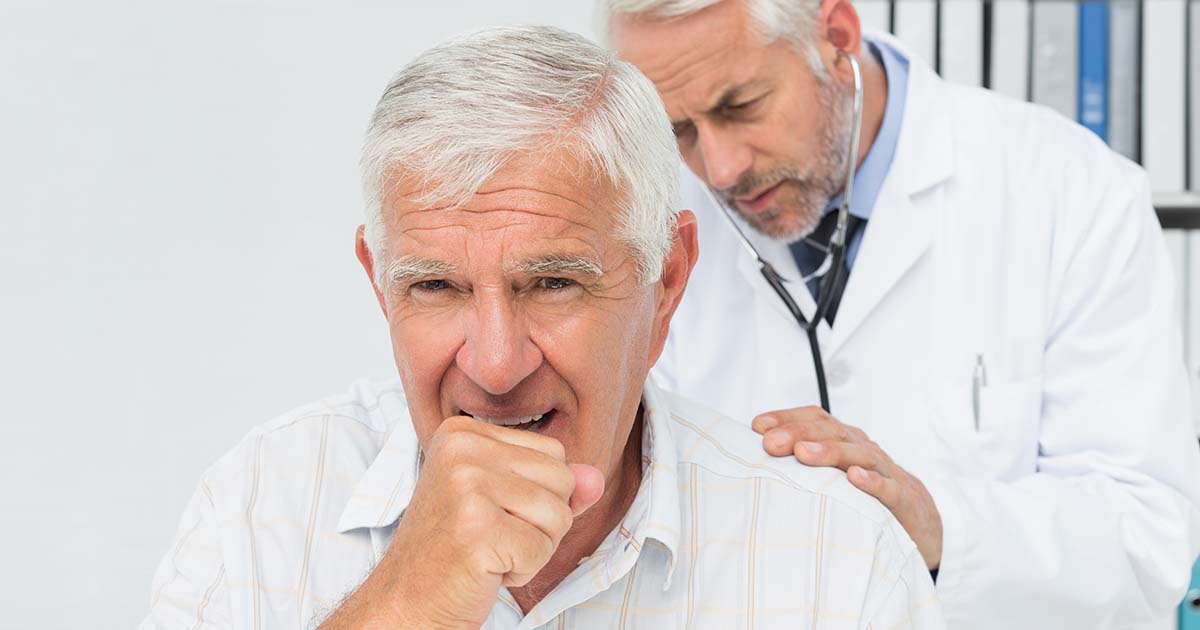Treating the Symptoms and Halting the Progression of COPD and Emphysema
The first and most important step in the battle against COPD and emphysema is quitting smoking for good, but there are other steps to help improve your breathing, too. Although the damage from emphysema is generally permanent, the choices you make and treatment you take can slow down the progression significantly.
Oral Medication
Although medication can’t solve all your problems, it can reduce them. The leading treatments for emphysema include:
- Corticosteroid inhalers (to quickly reduce inflammation and open up airways)
- Bronchodilators (a more systemic and long-lasting treatment for clearer airways)
- Supplemental oxygen (extra oxygen in each breath will help more oxygen get into your bloodstream)
- Antibiotics (when mucus builds up in the lungs and leads to infection, you may need antibiotics to clear away the bacteria)
In many cases, oral medication is enough to keep the worst symptoms in a more tolerable range. The more severe the emphysema, the more likely you will need a combination of treatments to bring the symptoms under control.
Surgery
Advanced emphysema may not respond very well to oral medications, and in those cases, surgery may be the better option. Lung reduction surgery is the first step: by removing the dead tissue (where the alveoli have broken down into larger pockets), less air will become trapped and you’ll find it easier to push out that stale air in order to bring in a lungful of fresh air.
In very serious cases, a lung transplant may be the only way to regain your breath. However, any organ transplant is a difficult procedure that brings a lot of risk. If there’s any way around it, your doctor will insist on trying that avenue first.
Lifestyle Changes
The way you carry out your daily tasks and relax in your home can have a fairly big impact on your breath (or breathlessness). Adding wholesome foods to your diet and regular exercise to your routine will give your body the nutrients and energy it needs, but you must be careful to avoid some common household problems, too.
Keep Pollutants Out
Air quality differs drastically from home to home, and you’ll want to make sure yours is as good as it can get. Keep windows firmly shut when the pollen count or pollution levels outside are high, and consider getting at least one air purifier to keep in the area of your home you use most often.
Clean weekly, and if your budget allows, have someone else do the dirty work for you. The irritants in household cleaners can provoke a respiratory response, and that’s the last thing you need when you’re already struggling with emphysema.
Balance Effort and Rest
Housework, cooking and simple errands can take more out of you than you might imagine. It’s important to get into the habit of taking lots of breaks throughout your day: plan your daily schedule carefully, allowing for downtime between each activity.
Pulmonary rehabilitation can be immensely helpful for anyone with COPD. If you haven’t attended a therapy session yet, talk to your doctor about setting up your first appointment with a pulmonary rehab therapist right away.
You’ll learn clever, straightforward techniques for better breathing, and the social and physical support you’ll receive is indispensable.

